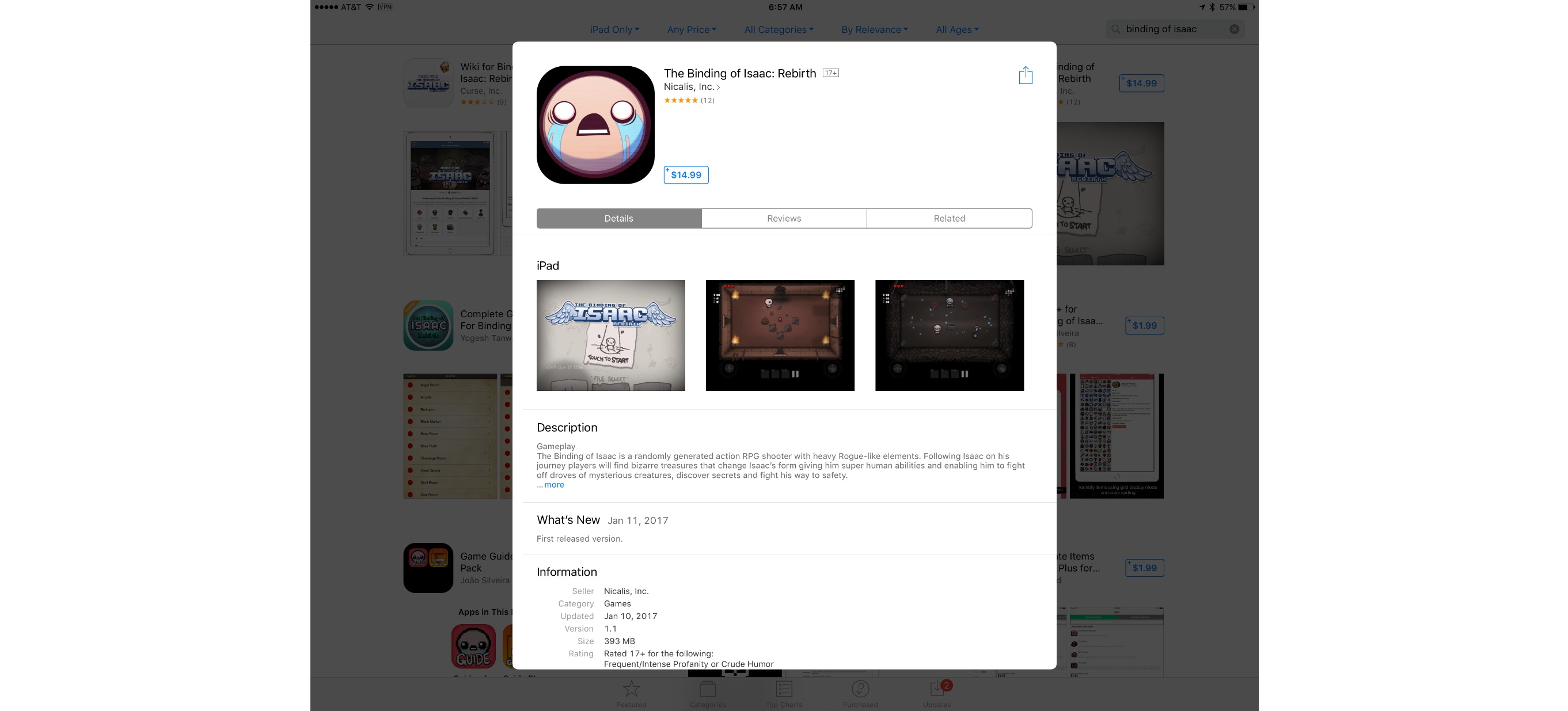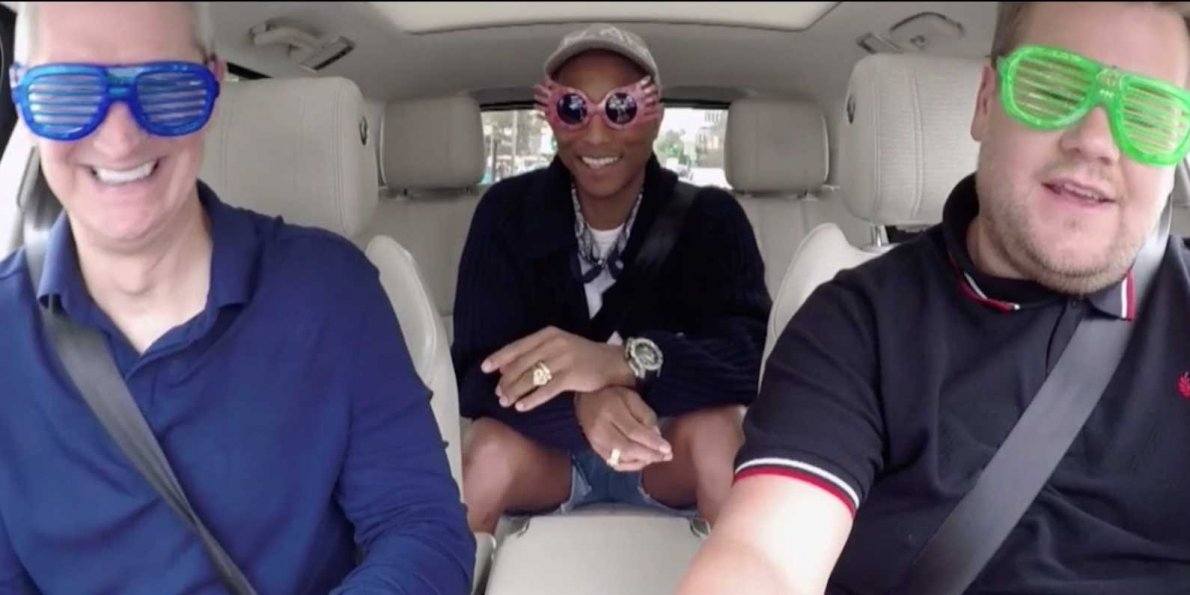Update: Chris Lattner has landed at Tesla Motors according to this Tesla blog post and the following tweet from the official Tesla account:
Chris Lattner designed and built most of LLVM as a graduate student. In 2005, he joined Apple where LLVM was integrated into Apple’s developer tools. Beginning in 2010, Lattner designed and built much of Swift, which was introduced to the world by Apple at WWDC in 2014.
Today, Lattner announced on the Swift mailing list that he is leaving Apple:
Since Apple launched Swift at WWDC 2014, the Swift team has worked closely with our developer community. When we made Swift open source and launched Swift.org we put a lot of effort into defining a strong community structure. This structure has enabled Apple and the amazingly vibrant Swift community to work together to evolve Swift into a powerful, mature language powering software used by hundreds of millions of people.
I’m happy to announce that Ted Kremenek will be taking over for me as “Project Lead” for the Swift project, managing the administrative and leadership responsibility for Swift.org. This recognizes the incredible effort he has already been putting into the project, and reflects a decision I’ve made to leave Apple later this month to pursue an opportunity in another space. This decision wasn’t made lightly, and I want you all to know that I’m still completely committed to Swift. I plan to remain an active member of the Swift Core Team, as well as a contributor to the swift-evolution mailing list.
Working with many phenomenal teams at Apple to launch Swift has been a unique life experience. Apple is a truly amazing place to be able to assemble the skills, imagination, and discipline to pull something like this off. Swift is in great shape today, and Swift 4 will be a really strong release with Ted as the Project Lead.
Note that this isn’t a change to the structure - just to who sits in which role - so we don’t expect it to impact day-to-day operations in the Swift Core Team in any significant way. Ted and I wanted to let you know what is happening as a part of our commitment to keeping the structure of Swift.org transparent to our community.
Lattner’s contribution to Apple’s developer tools has been enormous. His departure is a big loss for Apple.



